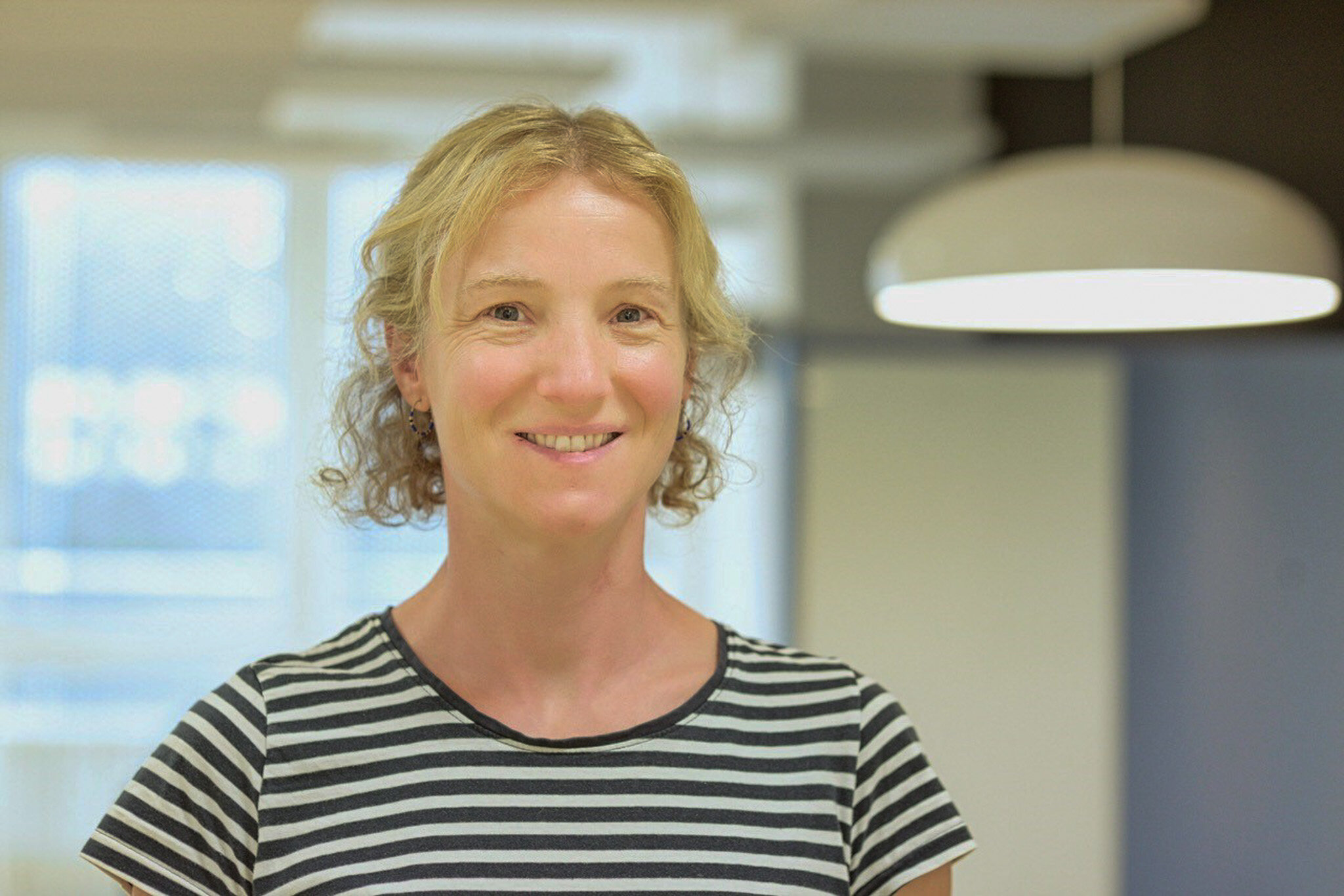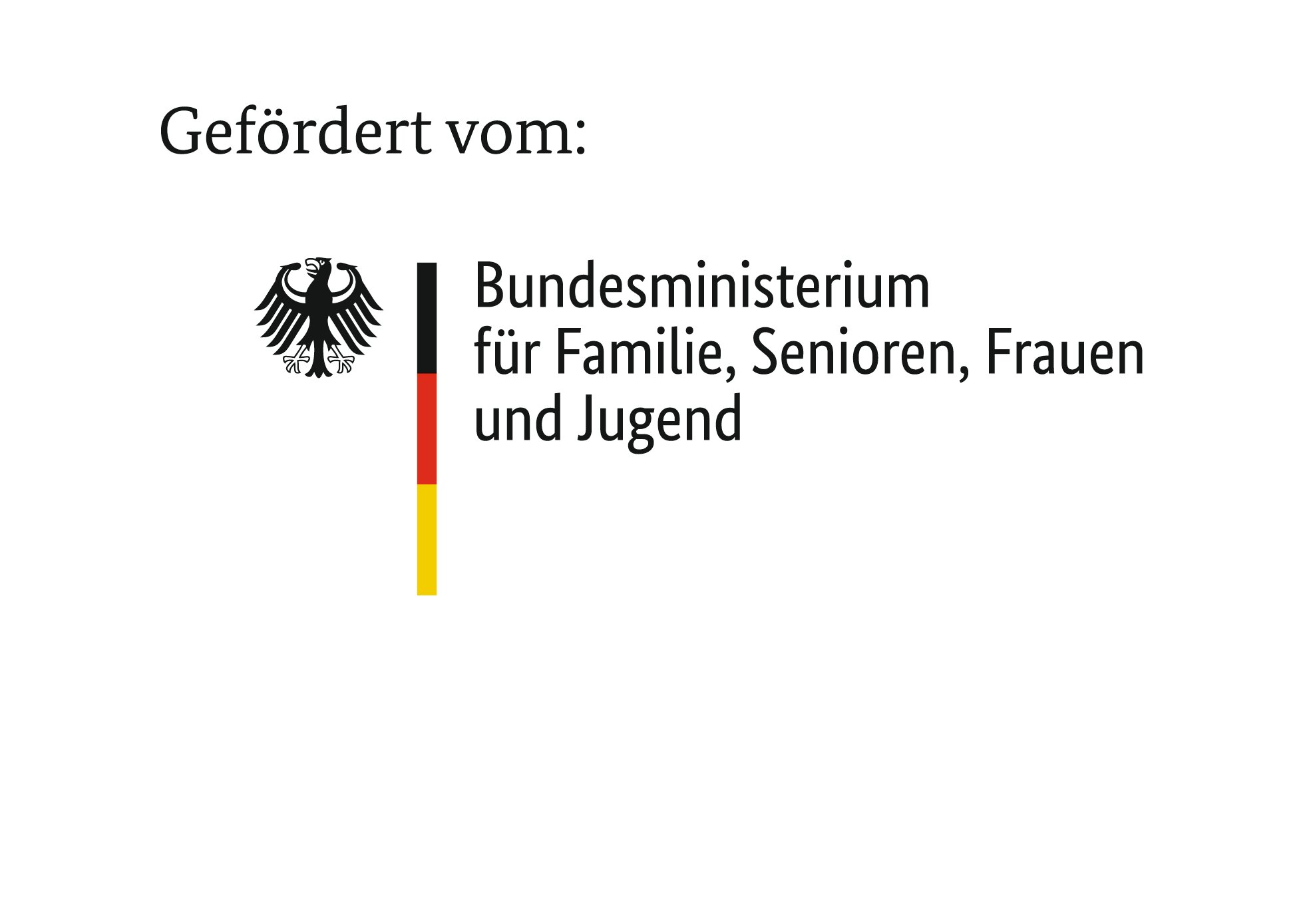Dying where you live and are at home
Scientific monitoring of the pilot programme
Many people wish to be cared for at home during the end of their lives and to die there [1]; however, current care structures in hospice and palliative care in Germany are not yet able to reliably fulfil this wish. Most people still die in hospitals or nursing homes [2]. Supportive offers for the expansion of facilities in which remaining at home can be guaranteed, such as day hospices, could potentially close this gap.Especially in the last phase of life, those affected are dependent on individual support and care, both medically and in the psycho-social context. This level of care requires individual solutions that are adapted to the needs of those affected. One way to ensure the success of these solutions is to create new forms of housing and care with a high degree of flexibility.

Against this background, the Federal Ministry for Family Affairs, Senior Citizens, Women and Youth (BMFSFJ) has launched the pilot programme, "Dying where you live and are at home". The aim of this programme is to promote the expansion, further development and conceptual sharpening of semi-inpatient, inpatient and outpatient hospice and palliative care services. Up until the end of 2023, eleven hospice and palliative care projects will receive financial support through this BMFSFJ programme. All supported projects will comprise innovative concepts to strengthen the self-determination, quality of life and social participation of seriously ill and dying people and thus relieve the burden on caring relatives and friends.
The funded projects are also characterised by the following features:
- they take local health care needs into account
- they have or are developing components of a networked care structure in the regional and neighbourhood-based health and social system
- they include partnerships and cooperations in the neighbourhood or in the neighbourhood itself
- they contribute to the promotion of voluntary commitment in hospice work
- they involve relatives and friends in the conception of hospice work
- they involve target groups that have not been sufficiently taken into account in the offer landscape so far
- they serve as a model for their region
Since the end of 2021, this pilot programme has been supplemented by innovative professional-scientific support and process evaluation from the Catholic University of Applied Sciences Freiburg. The focus here lies on the conceptual work required by the funded projects. In this process, the conceptualisation phases are described and analysed, and further concept development is supported through consultation and the development of educational offers.
The implementation of the project is divided into the following work steps:
At the beginning of the conceptualisation phase, a literature research and document analysis of current concepts in hospice and palliative work will be carried out. The aim here is to describe the current scientific status in this field. In order to identify relevant actors in the selected model locations, a social space analysis will also be carried out to ensure an inventory of already existing contextual services in the neighbourhood.
Evaluation of the implementation of the project in the individual pilot projects will take place through focus groups. From a scientific perspective, the focus will be on how the funded projects describe and develop themselves conceptually. As a result of this funding project, outcomes are to be bundled and transferred into recommendations for action. Best practice examples will then be derived allowing the promotion and further expansion of hospice and palliative care in Germany.
The Catholic University of Applied Sciences is cooperating in this project, "Dying where one lives and is at home", with the regiestelle FORUM gemeinschaftliches Wohnen e.V., Bundesvereinigung. The project has a duration of two and a half years and is funded by the Federal Ministry for Family Affairs, Senior Citizens, Women and Youth (BMFSFJ).
Literature:
[1] Bertelsmann Stiftung (Hrsg.). Faktencheck Palliativversorgung. Link to the publiction of the Bertelsmann Stiftung (German).
[2] Dasch, B.; Blum, K.; Gude, P. & Bausewein, C. (2015). Place of death: trends over the course of a decade: a population-based study of death certificates from the years 2001 and 2011. Dtsch Arztebl Int. 112 (29/30), 496–504.
Project lead
- Prof.in Dr. Ines Himmelsbach – ines.himmelsbach@kh-freiburg.de
Project website
Research associates
- Willi Gertsen – willi.gertsen@kh-freiburg.de
- Lara Graupner – lara.graupner@kh-freiburg.de
Project partner
- FORUM gemeinschaftliches Wohnen e.V., Bundesvereinigung
Project duration
November 2021 – June 2024
Any questions? Don't hesitate to contact us!

Prof. Dr. phil. Ines Himmelsbach
More informations

